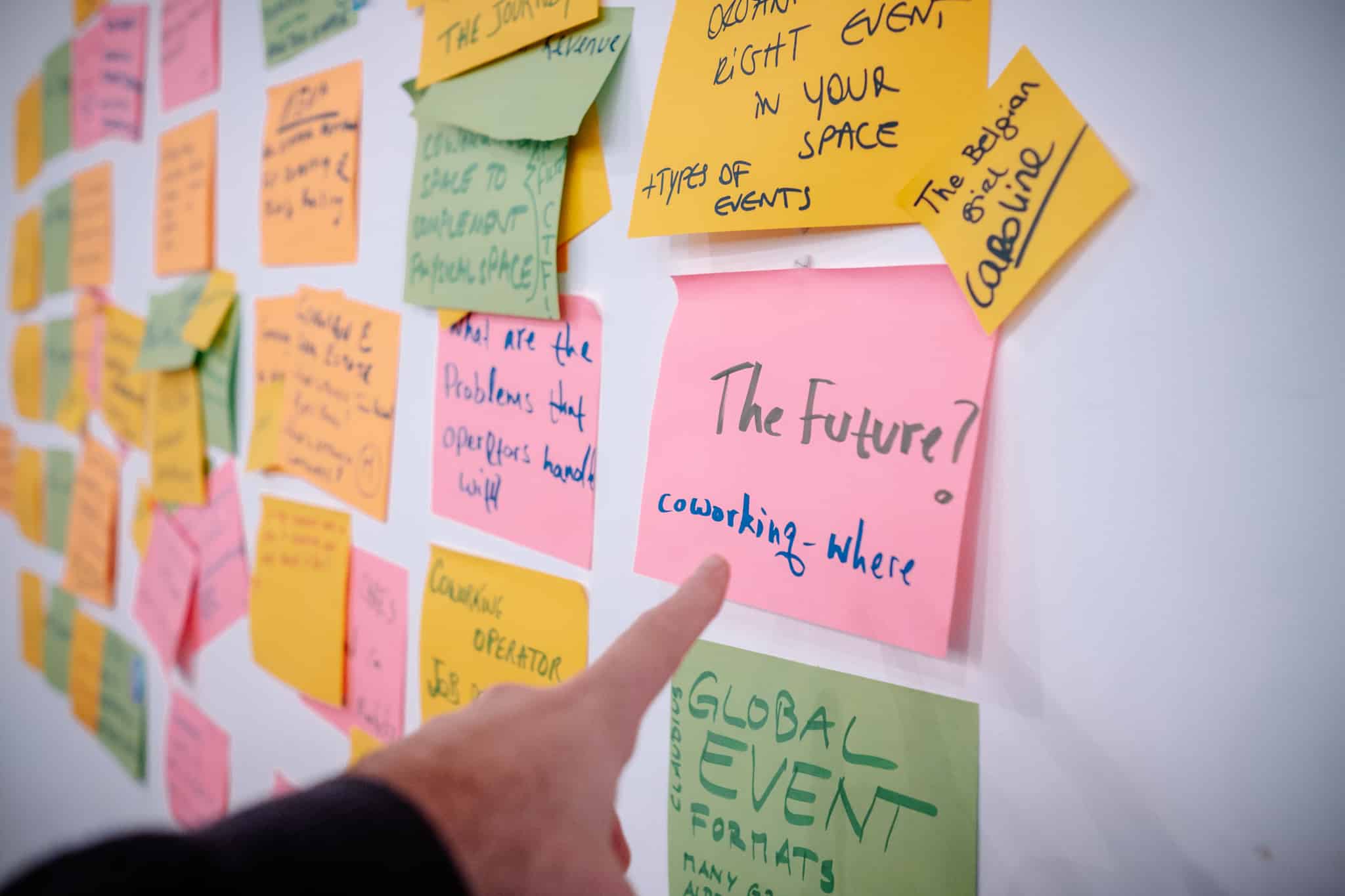‘Share your sweets with your sister.’ ‘Share your presents with your friends.’ ‘Share your chips with me.’
We spend so much of our childhoods being ordered by our elders to share the things we hold dear that it is no surprise we react by doing exactly the opposite.
By the time we reach adulthood, for many of us sharing something – whether it’s a seat or a packet of crisps – has become an alien concept. But all that is changing. 
On Wednesday, the first ever Global Sharing Day will be held, signifying that no matter how selfish we may think we are, we still want to help those around us, even if it means helping ourselves.
Sharing is a two-way street. Both parties get something from the exchange.
There is a healthy selfishness in sharing driven by the fact it saves us money. Why buy something outright when you can hire it for the short period you need it at a fraction of the cost?
Everything from motor vehicles to homes, from childcare to jobs and from clothes to dogs is part of the sharing economy, as those behind it like to call it.
Instead of wasting a fortune on buying something like a car, people are learning to use them – and pay for them – only when they need to.
It is estimated that this ‘pay-as-you-live’ market is now worth more than £20bn a year in Britain. So why has this market grown in recent years – is it simply a result of the economic crisis or is there something more at play?
‘The technology that people have in their hands, virtually 24 hours a day, has just made sharing very simple, very convenient and very accepted,’ said Mark Walker, general manager of Zipcar UK, the pay-as-you-drive club which has more than 1,500 cars available by the hour across London, Oxford, Bristol and Cambridge.
Its customers pay from £5 an hour to use a car when they want one using a swipe card or a mobile phone app.
Mr Walker said attitudes have changed when it comes to parting with hard-earned cash.
‘People have really cottoned on to the fact that you save a lot of money this way as well, particularly for items that might be very expensive to buy, like a car or like a designer dress that you use relatively infrequently. People are being much more savvy when making those kind of financial decisions.’
Those people include X Factor judges. Tulisa recently took to the stage of the show wearing a Jovani sequined designer dress which costs about £1,200.
But even extravagant pop stars know a deal when they see one – Tulisa had in fact rented the garment from hire site Girl Meets Dress for a mere £49.
Benita Matofska is the chief sharer at The People Who Share movement, which has organised Global Sharing Day following the success of its national sharing day in Britain in the summer. She said a network of 60m people in almost 150 countries will be involved on Wednesday along with 161 partner organisations, including Marks & Spencer.
Between 1pm and 2pm on Wednesday, sharers worldwide will be able to take part in ‘ The Greatest Share on Earth’, an attempt to get as many people sharing something across the globe within the space of one hour.
Ms Matofska said she saves £20,000 a year through sharing. In the summer, she swapped her home in Brighton with a family in Italy for a free holiday. Had she rented the Italian farmhouse, it would have cost £2,800 a week.
‘Sharing is a way to save money, to make money, to find friends and to have fun doing it,’ she told Metro.
‘Sharing is a smarter way to live. These are tough times for everybody, people are really struggling right now. Sharing is a way you can do so much more with less.’
Despite the initial motive being a financial one, sharers find the process itself enjoyable, she said.
‘What motivates people to share for the first time is money. But what’s really interesting is that the second time they do it it’s absolutely for the experience.
The experience is far better, far more interesting and just far more human.’
Mr Walker believes people today have a different relationship with the devices and services they use.
‘In the past, a very tried and tested way of demonstrating your place in the world, your status, if you like, was through products you might own,’ he said.
‘And a car, of course, has been a classic example of that over the years. Now though, and particularly amongst younger people, what they’re much more interested in is the experiences they have – the things they do – and sharing those experiences through the likes of Facebook with all their friends around the world. It’s not so much about the car that you own, it’s about the journey you’re going on and the reasons you’re going there. People value experience a great deal more today, rather than simple product ownership.’
Ms Matofska said big companies will have to get on board or face losing customers, pointing to moves already made by vehicle hire companies such as Hertz and Avis to move into the car-sharing market. They are not the only ones who must ready themselves for change.
‘I’m no maths genius but we have a planet of finite resources, they are going to run out,’ she said. ‘We’ve got a growing population. What that means is we are going to have to share to survive.’
(This is an article from London’s Metro Newspaper today. I really wanted to share it here with the tribe!!)
You can join in via the events on Meet Up
Here is the Metro Website


